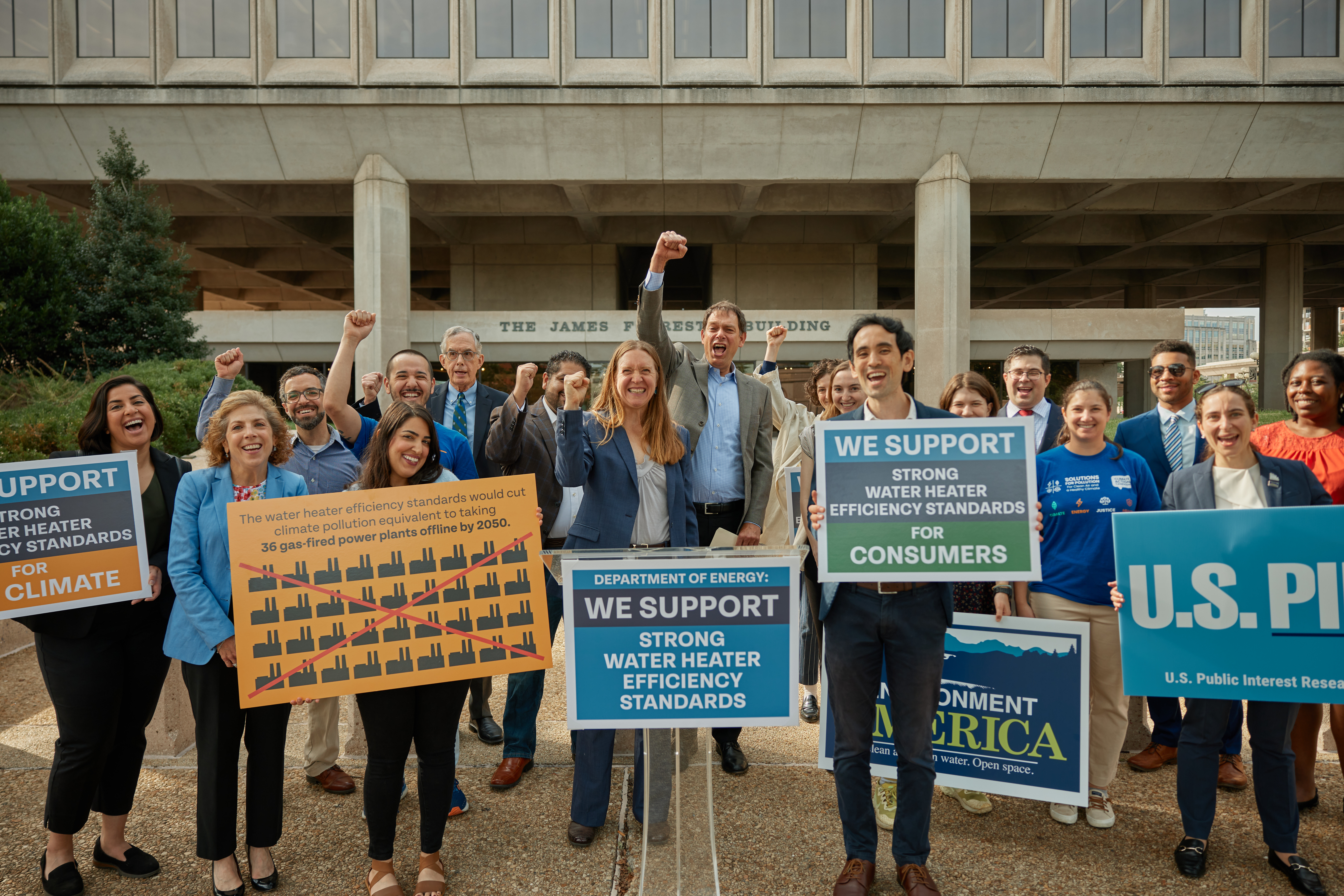
Efficient water heaters will cut pollution, save money, save lives
Many households will save more than $170 each year in energy costs thanks to new water heater efficiency standards.
Right now, there are no rules stopping tech companies from monetizing the data of kids and teens.
CoPIRG Foundation offers an independent voice that works on behalf of the public interest.
Many households will save more than $170 each year in energy costs thanks to new water heater efficiency standards.
Sign the petition
Sign the petition
More than 300 food products were recalled in 2023 as a dozen outbreaks sickened 1,100 and killed 6